Mum reveals horror living conditions in Condev built house
As uncertainly swirls after an Aussie construction giant went under, one family has revealed they weren’t surprised and could see the “writing on the wall”.

A mum who moved into a townhouse built by collapsed Aussie construction giant Condev has described the horror living conditions inside the home, adding she wasn’t surprised the company had gone under.
Monique Cribb said the family moved into the rental in June 2020, but by Easter the next year leaks had sprung in the basement as well as cracks appearing in the walls, with a building inspector describing the walls as “100 per cent moisture”.
The Gold Coast-based construction company Condev Construction went into liquidation this week after its owners Steve and Tracy Marais were unable to secure a reported $25 million bailout from developers to deal with rising building costs, Covid delays and 60 weather events impacting multiple sites.
Ms Cribb was told the wall issues along with leaking pipes on the second floor of the house, would take a month to fix – but a year later nothing had been done.
“We were just living in a mouldy, dusty, messy construction site,” she told the Gold Coast Bulletin, which did not hear back from Condev about the allegations.
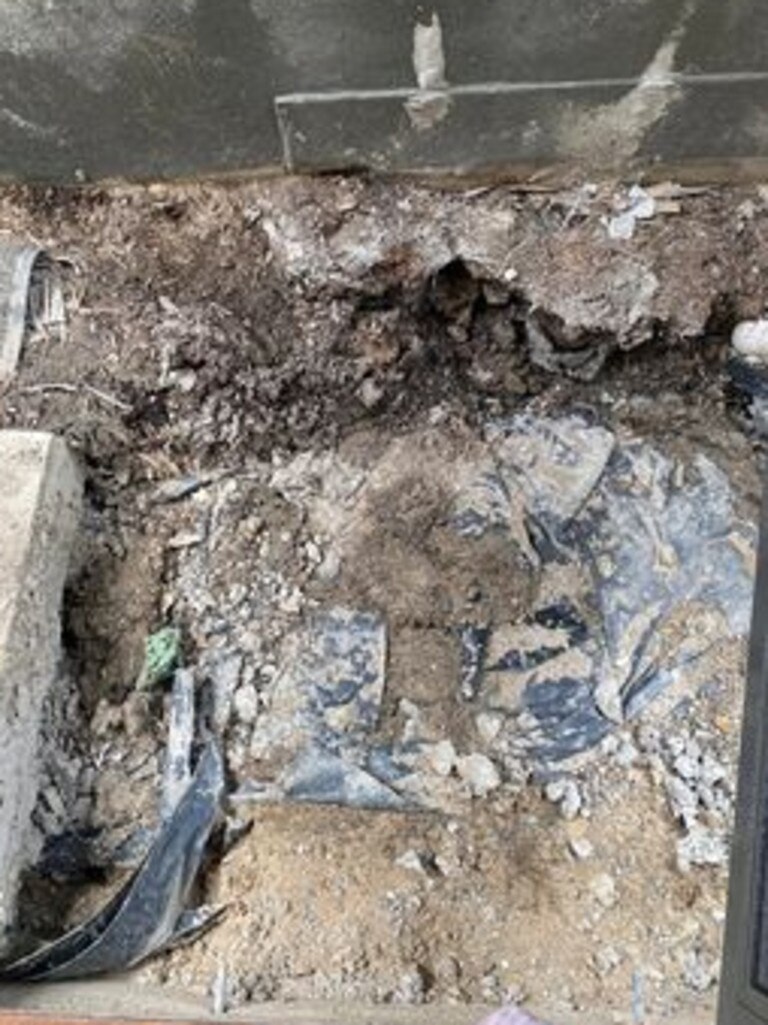
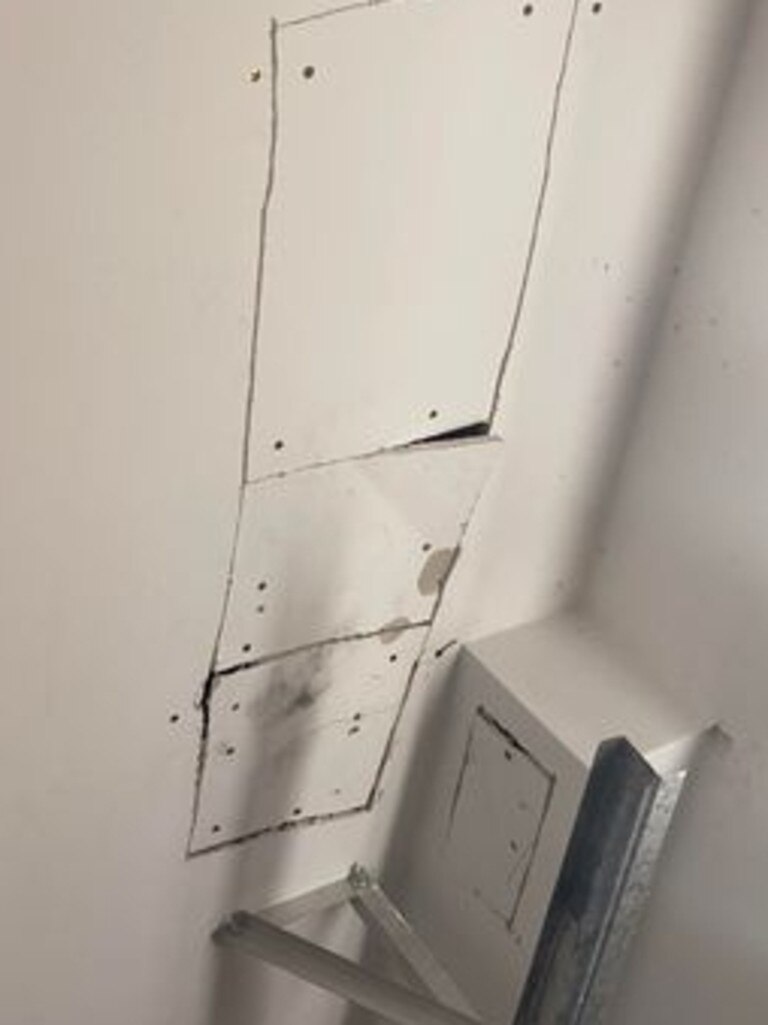
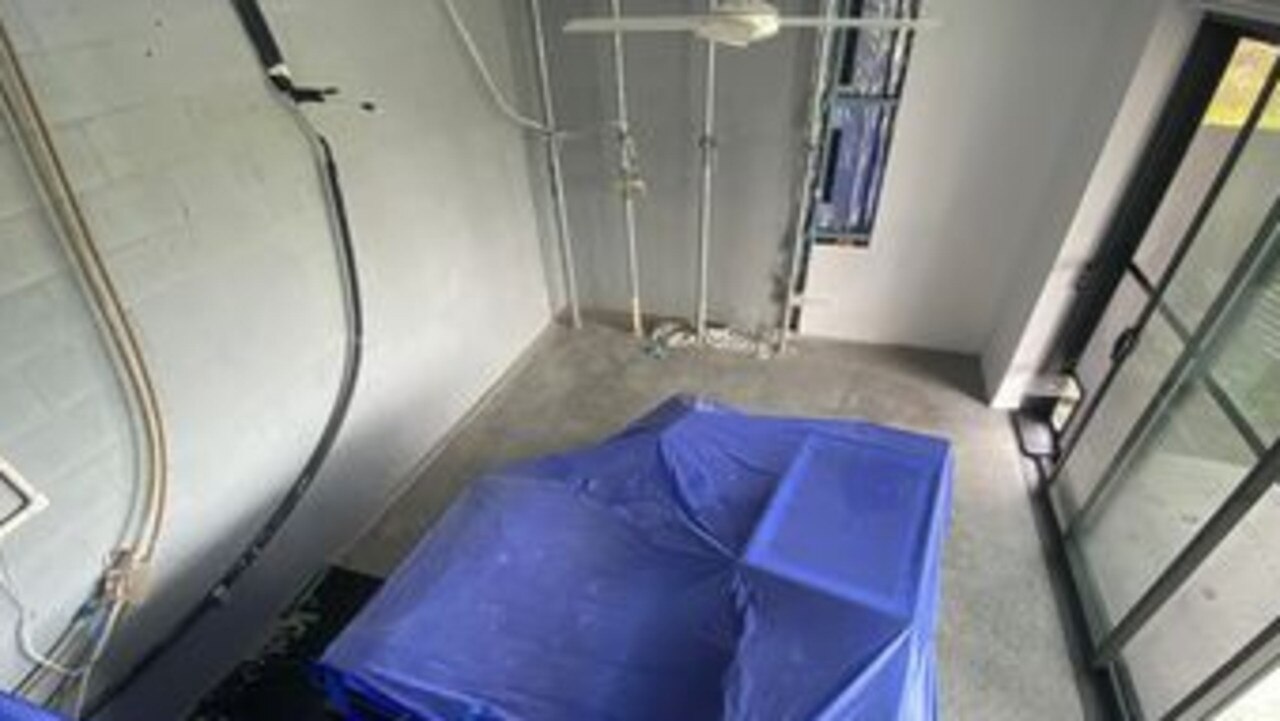
She claimed several other townhouses built by Condev had experienced similar issues and said it was “really sad” that the company’s collapse meant that homeowners were still waiting for repairs to happen and tradies wouldn’t be paid.
“It didn’t surprise me to hear (Condev) were having issues,” she added.
“The work that was done was very substandard. You could see the writing on the wall.”
However Ms Marais said there was enough money in company coffers to pay accounts for the next three months, but the decision was made to go into liquidation earlier so as not to “hurt people more”.
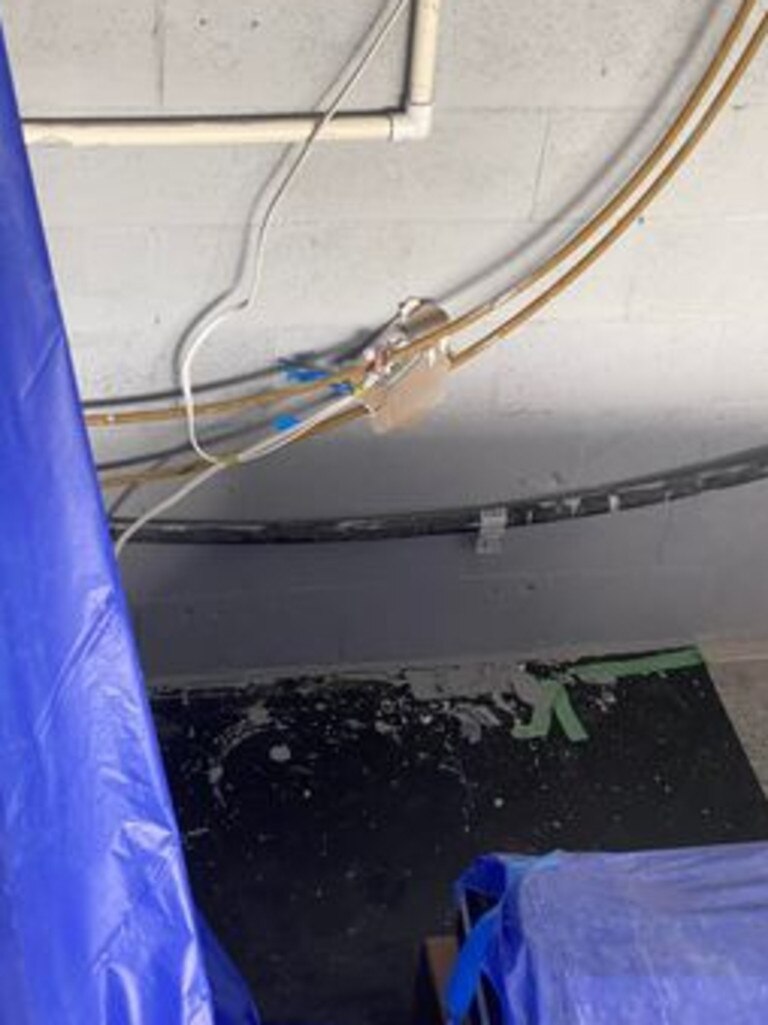

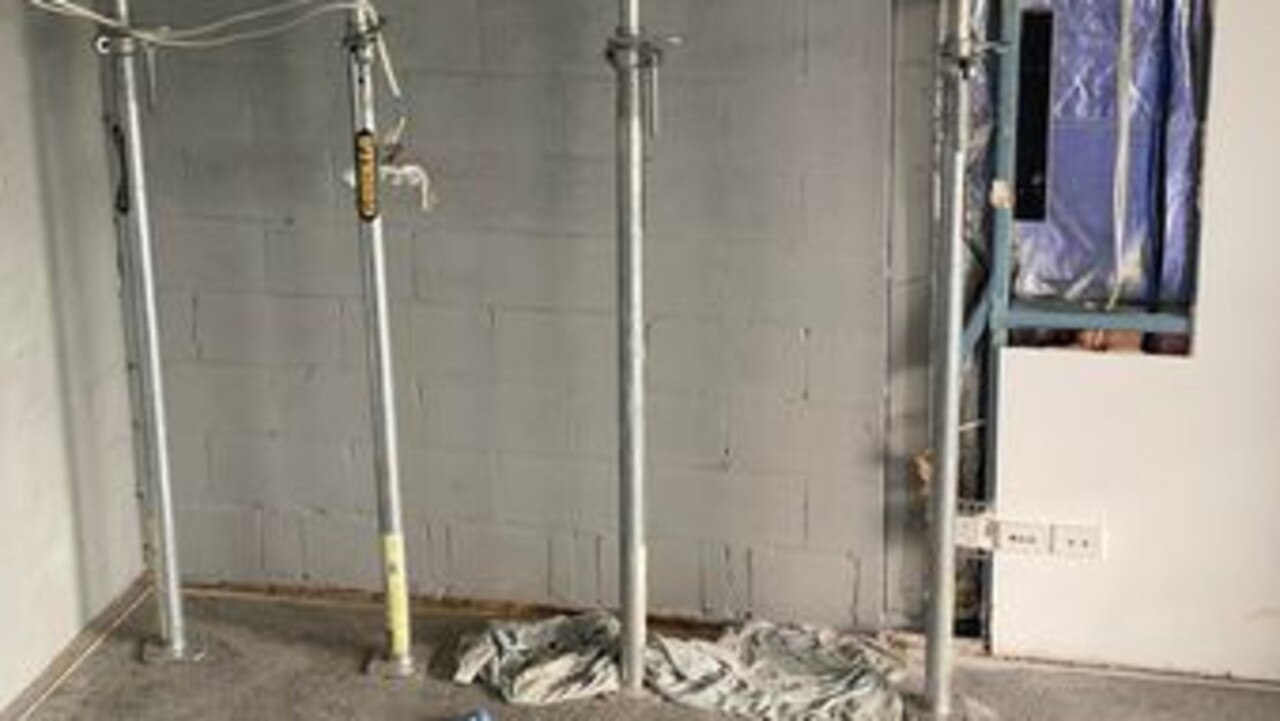
The liquidation
Condev’s liquidator Jason Bettles from Worrells Solvency and Forensic Accountants revealed the company went into liquidation with $2 million in cash meaning employee entitlements could be paid out.
He said Condev made the call on going into administration early as a cash crunch loomed, with a chief financial officer hired last year forecasting that rising costs would make it hard for the company to continue.
“In my industry, I don’t see a lot of businesses being that forward-thinking or accurate, or being prepared to make the call that we need to do something and do something dramatically and do it right now,” he told the Australian Financial Review.
Condev’s five largest contracts involved fixed-prices however skyrocketing costs to building materials meant Condev sought a lifeline from its clients but not all would agree with some saying they would “go it alone”, Bettles added.
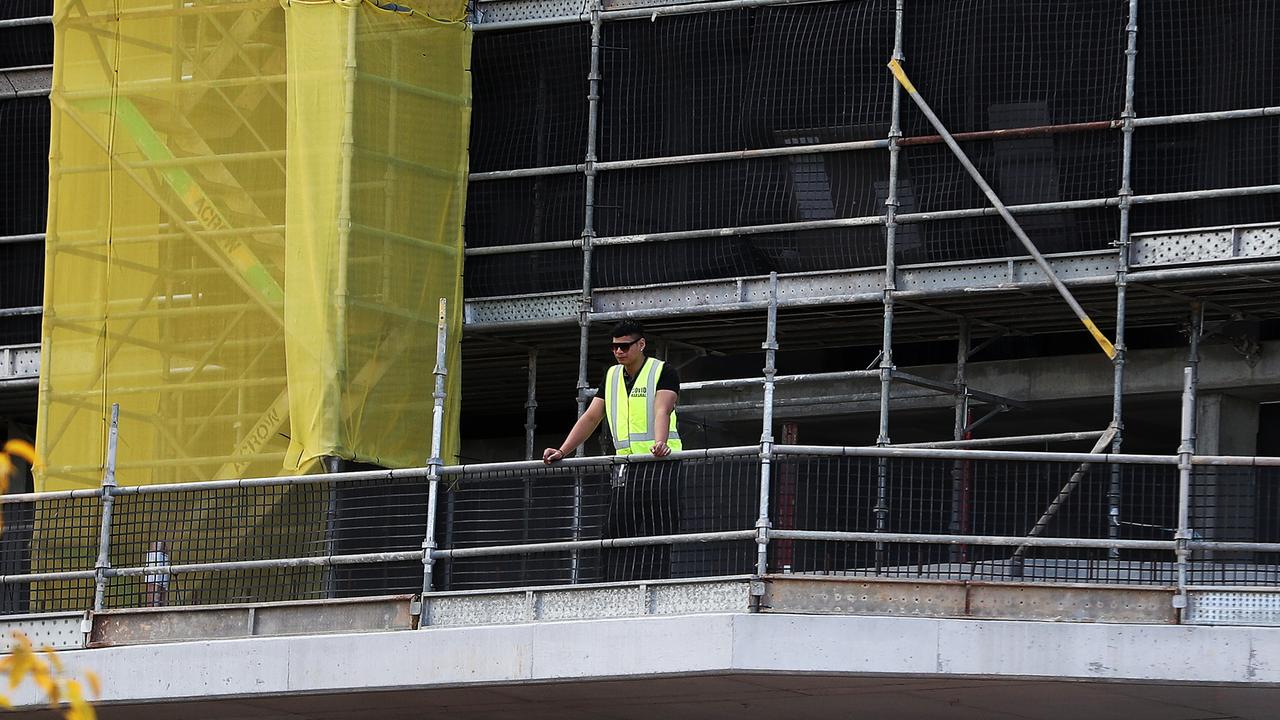
However, he cautioned that creditors could be waiting years to see their money.
“Generally the liquidation of a local coffee shop is going to take six months, but then you look at something like Ansett Airlines, that was still going after 10 years,” he told the ABC.
“The length of time to go through the liquidation really depends upon the affairs of the company.”
The total amount owed by the company is not yet known, although there is a $5.8 million debt with Wespac.
Notable projects in Condev’s reported $1 billion development pipeline include the Cannes Waterfront in Surfers Paradise, The Brookes Residences in Varsity Lakes, Natura and Brake Street both in Burleigh, and the Jindi Apartments in Palm Beach.
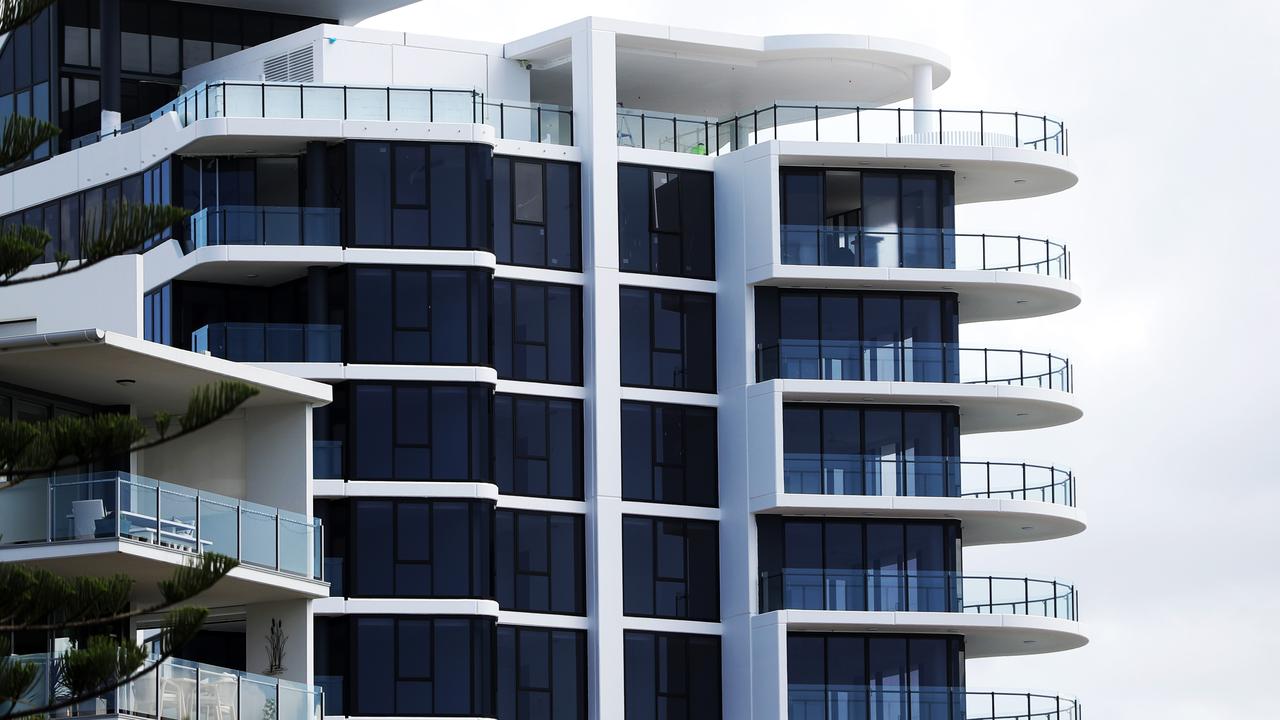
Predictions of more collapses
Condev is the second construction giant to collapse in the space of a month in Australia with Probuild going under last month, leaving 18 projects in limbo, although buyers for its Victorian and Western Australian arm have now been found.
There are warnings there will be more collapses in the building industry due to a storm of supply chain disruptions, cost pressures, materials shortages and labour shortages increasing risk exposure and making large projects unviable.
Even Ms Marais said other companies in the industry would soon face the same fate as Condev.
Andrew Spring, partner at insolvency specialist Jirsch Sutherland, predicted a difficult 12 months ahead for the construction industry.
“The rising prices of delivering projects, where there’s a fixed stream of income, means more losses made on projects are likely,” he said.
“And without adequate reserves to meet or fund losses, it’s likely more and more construction companies are going to be out of whack, which will ultimately lead to more insolvency appointments.”

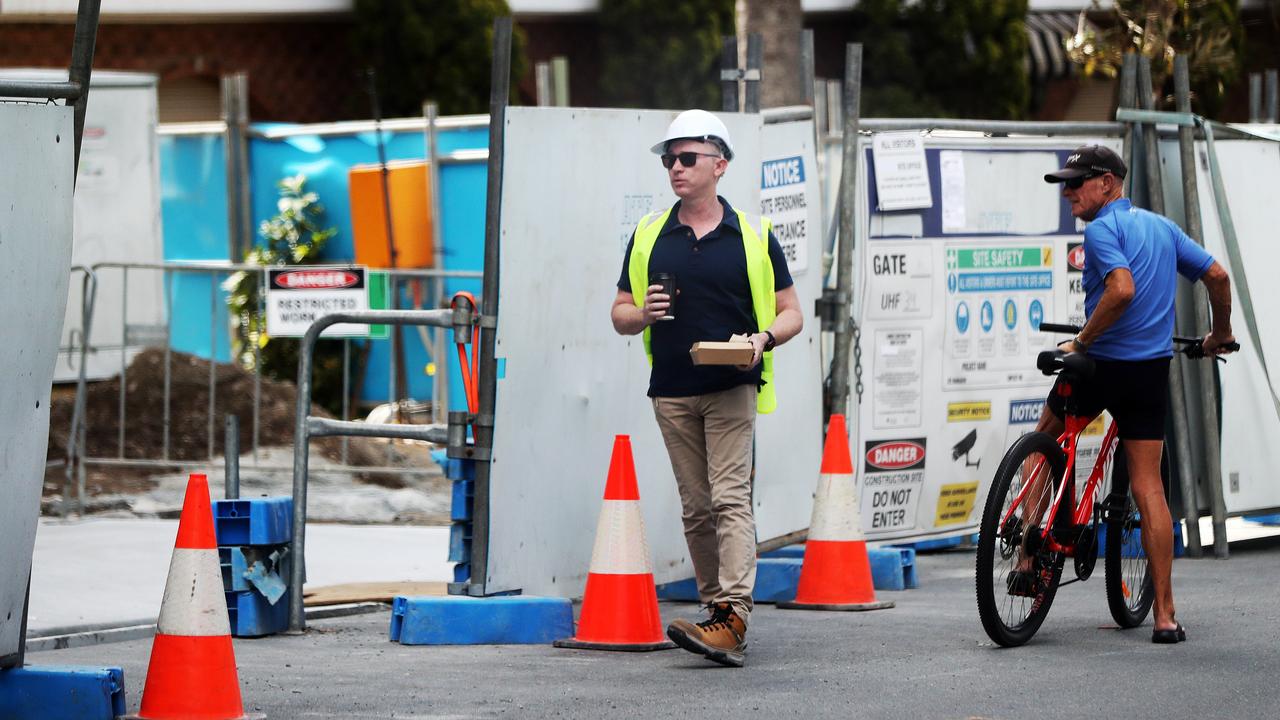
More Coverage
Mitchell Ball, director of specialist insolvency firm Mackay Goodwin, added any subcontractors or suppliers who have been impacted by a collapse should assume the debt is uncollectable
“Many big construction companies and builders are currently facing similar issues to Probuild and Condev, which gives us reason to believe they won’t be the only construction companies to go into administration or liquidation,” he added.
“The construction industry is facing an extensive list of challenges, primarily due to Covid, such as supply chain issues and delays, labour shortages, a reduced number of projects, oppressive contracts and rising costs of materials. These challenges all contribute to significant liquidated damages.”






